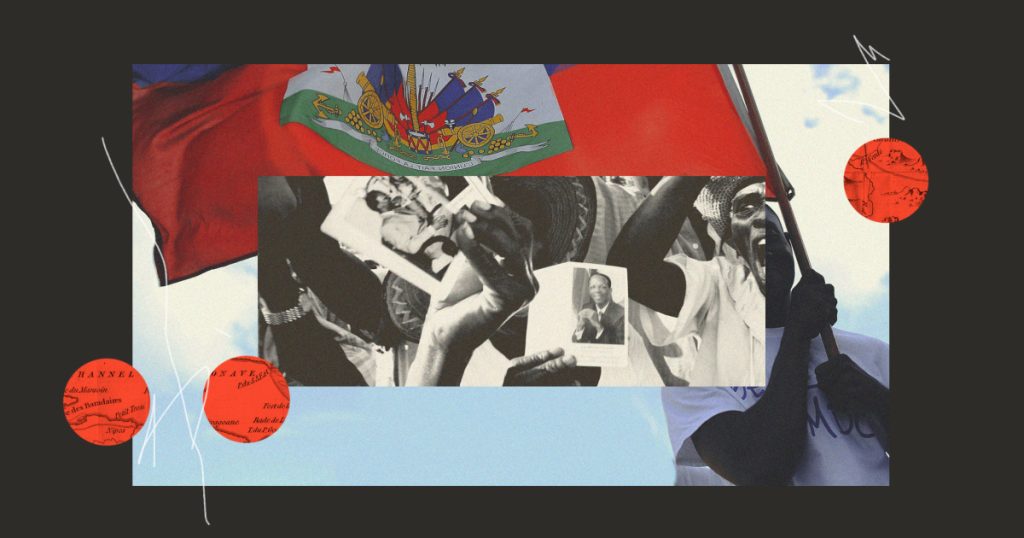Johnny Celestin, a native of Haiti living in New York City, generally believes in Haiti’s agency and is against foreign intervention. However, with armed militias causing increased instability in Haiti following the assassination of President Jovenel Moïse in 2021, some, including Celestin, believe foreign intervention may be necessary to restore order. One proposed solution following Moïse’s death was the establishment of a two-year interim government, but as violence escalated, the United Nations drafted a plan to send Kenyan troops to police Haiti, which has drawn criticism due to concerns about language barriers and human rights abuses. Ultimately, while many are hesitant about foreign intervention, some, like Celestin, recognize its potential necessity to address the violence and poverty in Haiti.
Throughout Haiti’s history, foreign intervention has played a significant role in shaping the country’s trajectory. From the aftermath of the 1791 revolt against slavery to the U.S. invasion in 1915 and subsequent occupation, along with the rise and fall of President Jean-Bertrand Aristide, Haiti has endured a complex relationship with outside forces. Aristide’s attempts to demand reparations from France and subsequent ousting with international support illustrate the fraught nature of foreign involvement in Haiti’s affairs. Additionally, the United Nations’ MINUSTAH mission, criticized for human rights abuses, followed by natural disasters like the 2010 earthquake and cholera outbreak further complicated Haiti’s recovery and stability.
Haitian scholars like Jemima Pierre have condemned foreign intervention in Haiti, attributing much of the country’s turmoil to outside interference. Pierre argues that interventions, including from the U.S. and France, have led to death and destruction in Haiti, with recurring patterns of external control and manipulation evident throughout the nation’s history. Despite efforts to foster home-grown solutions, like the Commission to Search for a Haitian Solution to the Crisis, the ongoing violence and political instability have posed challenges in achieving lasting stability within the country. As Haiti grapples with escalating violence and a leadership void, the debate over the role of foreign intervention continues among Haitians and scholars alike.
Efforts to support Haiti’s progress come from various sectors, including grassroots organizations like Basketball pour Ankadre Lajenès, founded by Dave Ali Fils-Aimé to engage with youth through sports and education. Programs like these aim to provide opportunities for youth and counter the influence of armed groups that plague neighborhoods like Cité Soleil and Martissant. Fils-Aimé emphasizes the importance of community-led initiatives in addressing Haiti’s challenges, especially given the government’s lack of capacity and corruption. As armed groups tighten their grip on the capital, organizations like Basketball pour Ankadre Lajenès continue to provide vital support to Haitian youth, illustrating the resilience and determination of local actors in the face of ongoing crises.
Significant challenges persist in Haiti’s quest for stability, with armed groups gaining control of the capital and undermining efforts to rebuild and recover. While foreign intervention remains a contentious issue, with some advocating for international support and others cautioning against historical patterns of interference, the need for collaborative, community-driven solutions is evident. Celestin and others recognize the complexity of the situation in Haiti and the potential benefits and risks associated with foreign involvement. Moving forward, a balanced approach that respects Haiti’s sovereignty and prioritizes local leadership and initiatives may offer a path towards sustainable progress and peace in the country.


